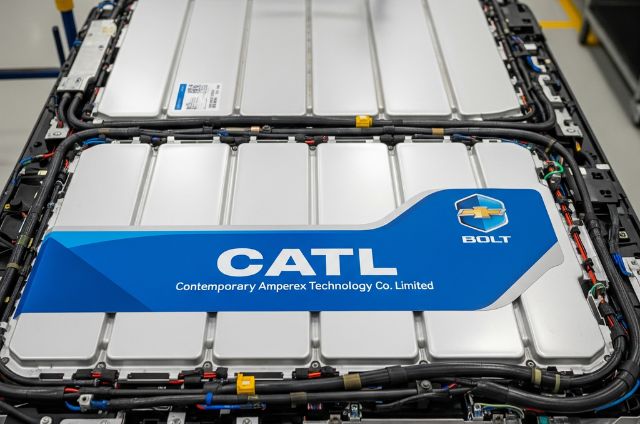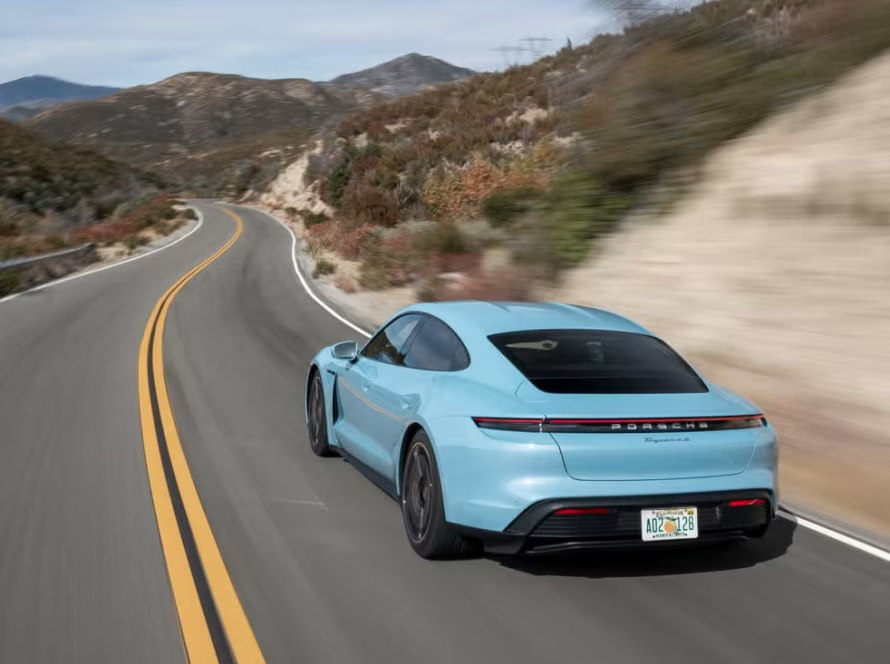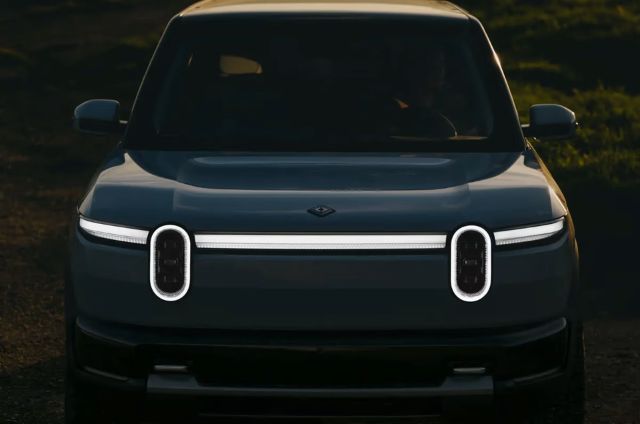Short-Term Fix for a Big Challenge
General Motors will import electric vehicle batteries from China’s CATL to power its next-generation Chevrolet Bolt. The decision comes despite steep U.S. tariffs on Chinese goods. GM says it’s a short-term solution while the company works to expand its domestic battery production. Without this arrangement, the launch of its most affordable EV could face significant delays.
Why CATL?
CATL, short for Contemporary Amperex Technology Co. Ltd., is one of the world’s largest and most advanced battery manufacturers. The agreement will supply GM with lithium iron phosphate (LFP) batteries—cells known for their durability, lower cost, and improved safety compared to traditional nickel-based chemistries.
Other U.S. automakers, including Ford and Tesla, already source LFP batteries from foreign suppliers. For GM, partnering with CATL ensures it stays competitive in the budget EV space while still meeting customer expectations for quality and range.
Chevy Bolt at the Center
The Chevrolet Bolt sits at the heart of GM’s affordability strategy. This upcoming second-generation model will be powered by the imported LFP packs. Lower-cost batteries mean GM can offer the Bolt at a price point that attracts first-time EV buyers while keeping operating costs low.
By combining LFP chemistry with the Bolt’s already efficient platform, GM hopes to strengthen its position in the growing small EV segment.
Two-Year Timeline
The deal with CATL is expected to last for about two years. By then, GM and its partner LG Energy Solution plan to ramp up production of LFP batteries in the U.S. These domestic facilities, part of GM’s multi-billion-dollar Ultium battery initiative, will eventually replace the need for imports.
Balancing Tariffs and Supply Needs
Sourcing from China is not without its challenges. Tariffs increase costs, but GM sees them as a temporary price worth paying to keep EV production on schedule. Company officials describe the move as a “practical step” to maintain momentum in a competitive market.
In the fast-paced EV industry, speed matters. This deal shows GM’s willingness to adapt quickly to secure its place in the electric future.



